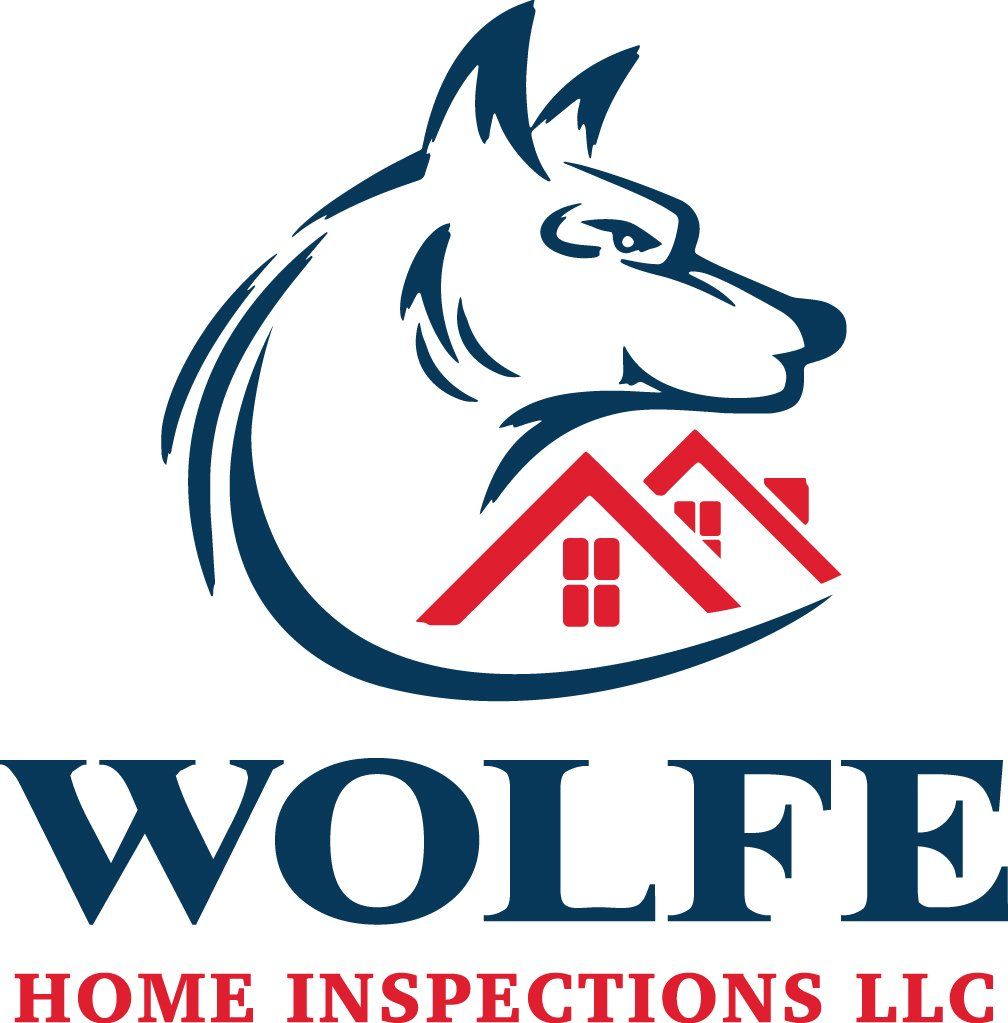What Buyers and Sellers Need to Know About Getting a Home Inspection in Pennsylvania
All You Need To Know
What Buyers and Sellers Need to Know About Getting a Home Inspection in Pennsylvania
A home inspection is a critical step in the real estate transaction process, providing buyers with peace of mind and sellers with an opportunity to address potential issues before closing. Whether you’re purchasing a home or preparing to sell, understanding Pennsylvania’s home inspection process can help ensure a smooth experience.
For Buyers: Why a Home Inspection Matters
Identifying Potential Issues – A professional home inspector evaluates the structure, systems, and safety of a property, uncovering hidden defects that may not be visible during a showing.
Negotiation Leverage – Inspection findings can be used to negotiate repairs, request seller credits, or even reconsider your purchase decision if major issues are found.
Understanding Future Maintenance – Beyond identifying current problems, a home inspection provides insight into upcoming maintenance needs, helping you plan for future homeownership expenses.
Meeting Lender Requirements – Some mortgage lenders require inspections for loan approval, especially for government-backed loans such as FHA or VA loans.
For Sellers: Preparing for a Home Inspection
Address Minor Repairs – Fixing small issues like leaky faucets, missing shingles, or faulty electrical outlets can prevent buyers from raising concerns.
Provide Access – Ensure all areas of the home, including basements, attics, electrical panels, and HVAC systems, are accessible for the inspector.
Gather Documentation – Having records of repairs, maintenance, and warranties can reassure buyers and answer any questions that arise during the inspection.
Consider a Pre-Listing Inspection – A pre-listing inspection allows sellers to identify and address potential issues ahead of time, reducing surprises and increasing buyer confidence.
Pennsylvania Home Inspection Laws
In Pennsylvania, home inspectors must be members of a nationally recognized home inspection association, such as ASHI (American Society of Home Inspectors) or InterNACHI. Additionally, inspectors must adhere to professional standards and provide written reports detailing their findings. While inspections are not legally required, they are highly recommended for both buyers and sellers.
What to Expect During a Home Inspection
Duration: A typical inspection takes 2-4 hours, depending on the home’s size and condition.
Areas Covered: Inspectors evaluate the roof, foundation, HVAC system, plumbing, electrical systems, appliances, and structural components.
Report: After the inspection, the inspector provides a detailed report outlining any issues, recommendations, and potential concerns.
Conclusion
Whether you’re buying or selling a home in Pennsylvania, understanding the home inspection process is essential. Buyers gain crucial insights into the property’s condition, while sellers can take proactive steps to make their home more appealing. By being informed and prepared, both parties can navigate the inspection process with confidence and ease.
For professional home inspection services in Pennsylvania, consider Wolfe Home Inspections LLC – ensuring homes are safe, sound, and ready for their next chapter.




